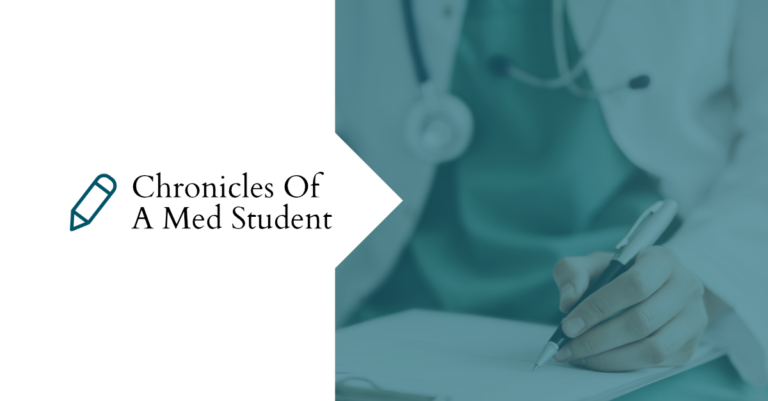
On Being Flexible: A Day in the Life of a Third Year
Flexibility is the name of the game during your third (and to an extent, your ... Read more
Adelle
Updated June 26, 2022 by Adelle
Learn about medicine and how to become a physician in our articles for pre-medical students (including the MCAT), medical students, resident physicians, and practicing physicians.

Flexibility is the name of the game during your third (and to an extent, your ... Read more
Adelle
Updated June 26, 2022 by Adelle

Hospital cafeteria food. Malignancy or benign-ness. Patient population seen in the third and fourth years. ... Read more
Monya De
Updated June 26, 2022 by Monya De

It’s your biggest dream and quite possibly your biggest fear at the same time. Your ... Read more
AJ Nguyen
Updated June 26, 2022 by AJ Nguyen
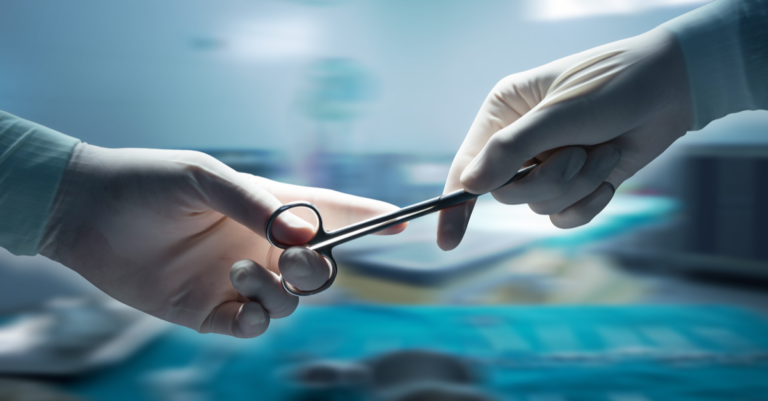
The Tutor The People Interview Series is an ongoing discussion with people from all walks ... Read more
Tutor The People
Updated August 16, 2022 by Tutor The People
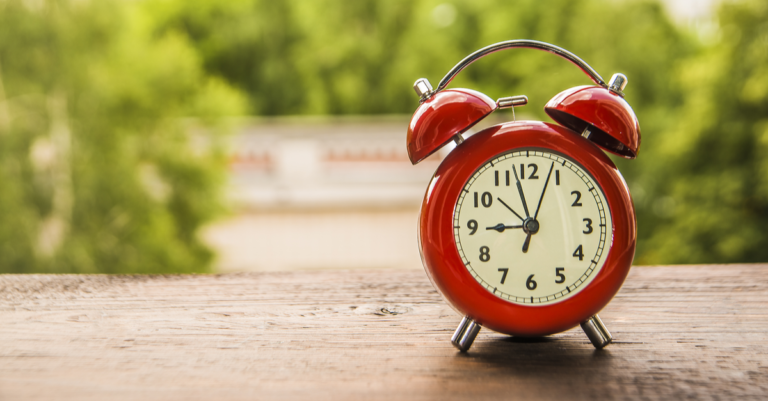
There’s no question that medical school is tough, especially when you consider the amount of ... Read more
Eric Brown
Updated June 26, 2022 by Eric Brown

Demonstrating proficiency in the basic sciences is a hallmark of a good medical school application, ... Read more
Cassie Kosarek
Updated February 2, 2019 by Cassie Kosarek
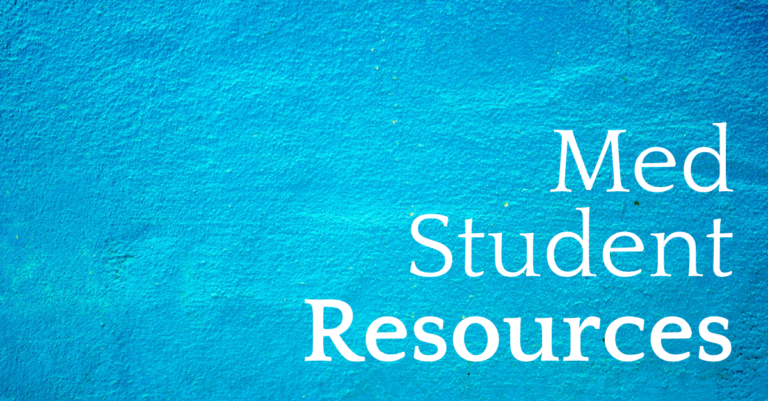
Ask any doctor, in any specialty and of any age, and they will remember their ... Read more
Jacob Adney
Updated June 26, 2022 by Jacob Adney

10-24 hour shifts. Call days. Night float. Step prep. Away rotations. The nature of medical ... Read more
Amy Rakowczyk
Updated June 26, 2022 by Amy Rakowczyk
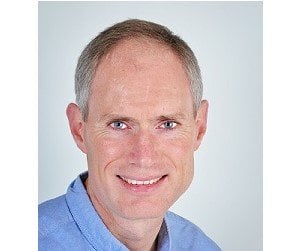
Dr. Knut Schroeder is a practicing GP in Bristol, UK; a freelance medical author, and ... Read more
Gloria Onwuneme
Updated June 26, 2022 by Gloria Onwuneme
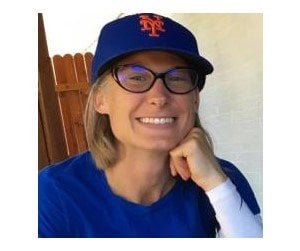
Dr. Mary Jean M. has spent the last decade researching in various laboratories, from plant ... Read more
Mary Jean M
Updated June 26, 2022 by Mary Jean M

Last month I wrote about the process of applying for residency, and noted how this ... Read more
Brent Schnipke
Updated June 26, 2022 by Brent Schnipke
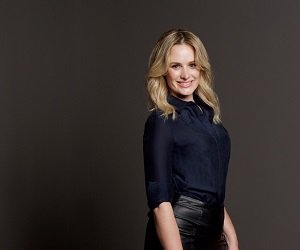
Dr Nikki Stamp is a cardiothoracic surgeon in Sydney, Australia. As one of only nine ... Read more
Gloria Onwuneme
Updated June 26, 2022 by Gloria Onwuneme

Republished with permission from here. “Telestroke,” a telemedicine approach to acute stroke care, is revolutionizing how we ... Read more
Nitin Venugopal
Updated July 16, 2019 by Nitin Venugopal

I walked into the room with my stethoscope around my neck, still running through everything ... Read more
Adelle
Updated June 26, 2022 by Adelle

In the US alone, there are literally thousands of state, regional and national medical associations ... Read more
Guideline Central
Updated June 26, 2022 by Guideline Central
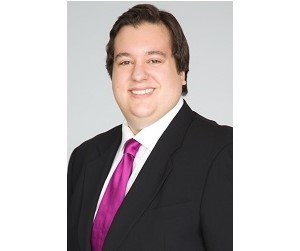
Dr. Vasilis K. Pozios is a board-certified physician in forensic and general psychiatry, mental health ... Read more
Christy Duan
Updated August 8, 2022 by Christy Duan
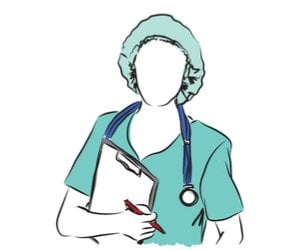
Dr. Ali Wong is a plastic surgery resident in Nova Scotia, Canada and creator of ... Read more
Gloria Onwuneme
Updated June 26, 2022 by Gloria Onwuneme

During the first years of medical school, we are taught a huge volume of material, ... Read more
Jacob Adney
Updated June 26, 2022 by Jacob Adney

When you think about how medical schools will evaluate your application, it can seem like ... Read more
AAMC Staff
Updated June 26, 2022 by AAMC Staff
Current phase of the application cycle.
You are viewing information for the Early Prep phase of the application timeline.